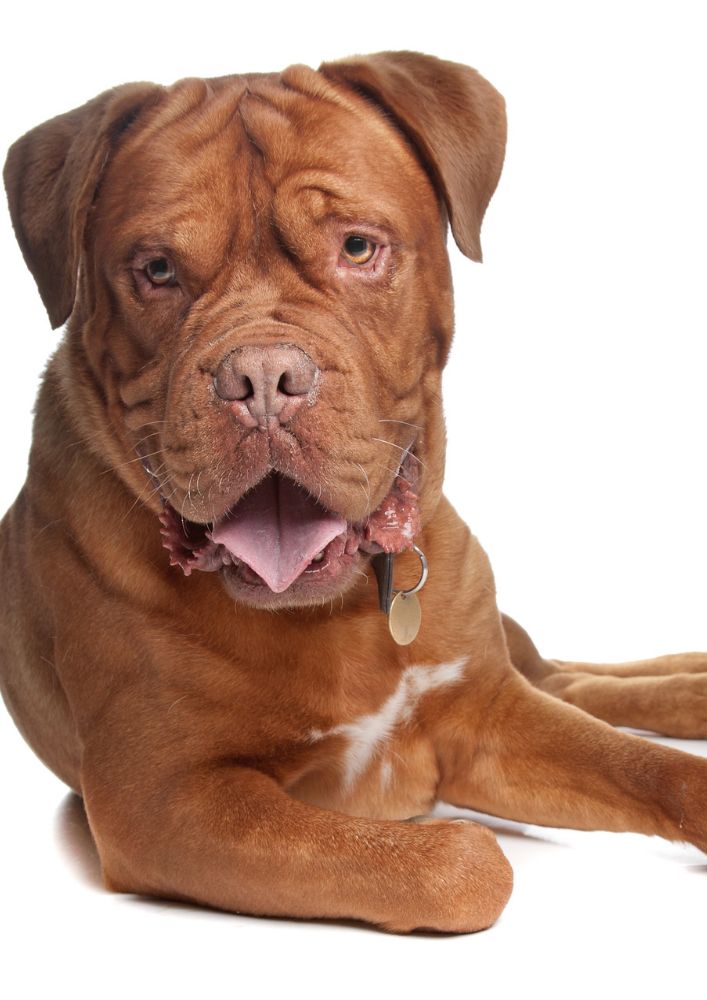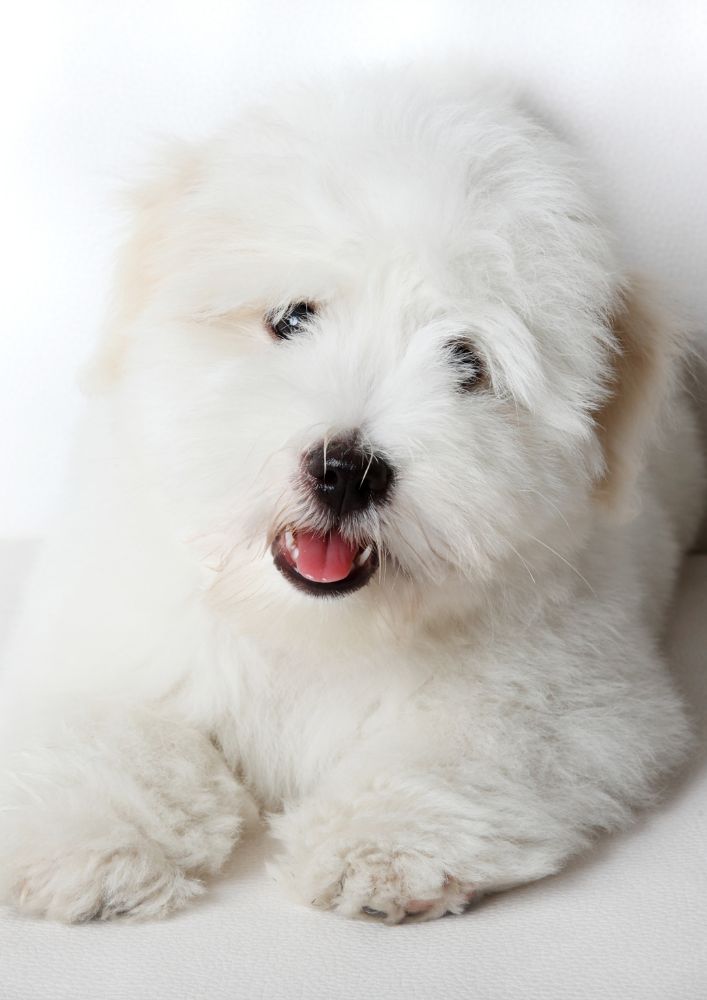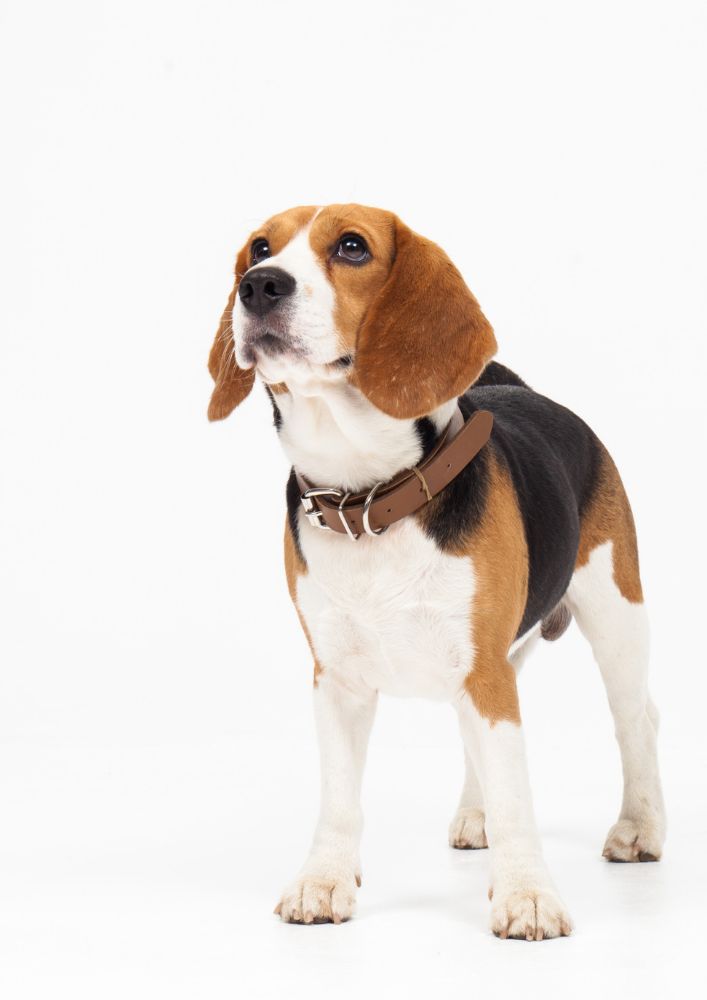Everything You Need to Know About the Shiba Inu
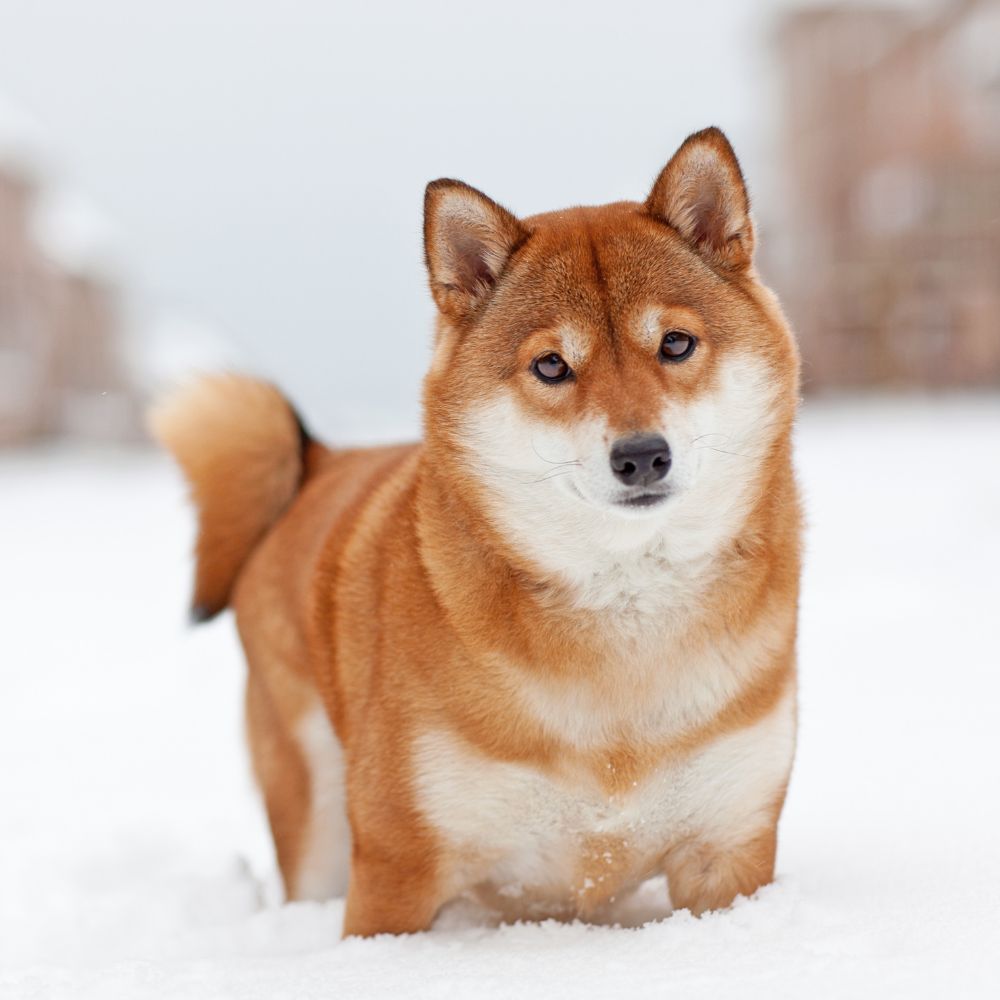
Shiba Inus are one of the most popular and beloved dog breeds worldwide, known for their spirited personality and bold, confident demeanor. They make excellent companions and are also known for their agility and alertness, making them great watchdogs.
A Brief History
Shiba Inus were originally bred in Japan and are one of the oldest and smallest native Japanese dog breeds. They were initially used for hunting small game in the mountainous regions of the country. The breed’s name “Shiba” means “brushwood,” which refers to the type of terrain where they were often found hunting, and “Inu” means “dog” in Japanese.
Appearance and Size
Shiba Inus have a thick double coat that is weather-resistant. Their outer coat is stiff and straight, while the undercoat is soft and dense. They come in various colors including red, sesame (red with black-tipped hairs), black and tan, and cream. They are small to medium-sized dogs, typically weighing between 17 to 23 pounds (8 to 10.5 kg). Males are usually 14.5 to 16.5 inches (37 to 42 cm) tall at the shoulder, while females are slightly smaller at 13.5 to 15.5 inches (34 to 39 cm).
Independent and Bold
Shiba Inus are well-known for their independent and bold nature. They are confident and often have a mind of their own, which can make them somewhat challenging to train. However, they are also loyal and affectionate with their family. Their alertness and keen senses make them excellent watchdogs.
Energetic and Playful
These dogs are energetic and love to play. They thrive on activities and enjoy being part of the family’s daily routine. Whether it’s playing fetch, going for a walk, or participating in dog sports like agility, Shiba Inus are always ready for an adventure.
Ideal Living Conditions
Shiba Inus do well in various living situations as long as they get sufficient exercise. They can adapt to apartment living but will thrive in a house with a secure yard where they can run and play. It’s crucial to provide them with regular physical and mental stimulation to keep them happy and well-behaved.
Compatibility with Family and Pets
Shiba Inus are good with children and can get along with other pets if properly socialized from a young age. However, their strong prey drive means they might not be the best match for households with smaller pets such as rabbits or hamsters. They are loyal and protective of their family but can be reserved with strangers.
Grooming Needs
Regular grooming is essential to manage their shedding and keep their coat healthy. Brush them weekly and more frequently during shedding seasons. Bathing should be done as needed, but not too often to avoid stripping the coat of its natural oils. Regular ear cleaning, teeth brushing, and nail trimming are also important aspects of grooming for a Shiba Inu.
Exercise Requirements
Shiba Inus require at least 1 hour of exercise daily. They enjoy walks, runs, and playing fetch. Their high energy levels need to be managed with regular physical activity. Lack of exercise can lead to behavioral issues such as chewing and excessive barking. Incorporating mental stimulation through training and puzzle toys can also help keep them happy and well-behaved.
Training Tips
Shiba Inus are intelligent but can be independent and stubborn, which can make training challenging. Positive reinforcement methods work best with this breed. They excel in obedience training if it is made interesting and rewarding for them. Consistent training from a young age helps establish good behavior and manners.
Social Behavior
Proper socialization from a young age ensures that Shiba Inus grow up to be well-mannered and friendly dogs. Exposure to various people, places, and experiences is beneficial. Puppy socialization classes, regular visits to dog-friendly places, and playdates with other dogs can help them develop into well-adjusted adults.
Common Health Issues
Like all breeds, Shiba Inus are prone to certain health issues such as hip dysplasia, patellar luxation, and certain eye conditions. Regular vet check-ups and a healthy diet can mitigate some of these risks. Additionally, Shiba Inus can be prone to allergies and dental issues. Responsible breeders screen for these health issues to produce healthier puppies.
Lifespan and Care
Shiba Inus typically live 12-15 years. Providing them with proper care, nutrition, and regular veterinary visits can help ensure a long, healthy life. A balanced diet that meets their nutritional needs, combined with regular exercise and mental stimulation, contributes to their overall well-being.
Shiba Inus in Work and Service
Shiba Inus are primarily companion dogs today but their alertness and agility can make them good candidates for certain working roles. They are often seen in dog sports and can excel in activities like agility and rally. Their keen senses and loyalty make them vigilant watchdogs as well.
Conclusion
Shiba Inus are loyal, bold, and make excellent companions for families and individuals alike. Their spirited nature and independence make them a unique breed that is loved around the world. Whether you are looking for a companion dog or a vigilant watchdog, the Shiba Inu can fill that role with grace and confidence.
Considering adopting a Shiba Inu? Check out local shelters or breed-specific rescue groups to find your new furry friend.
Gallery
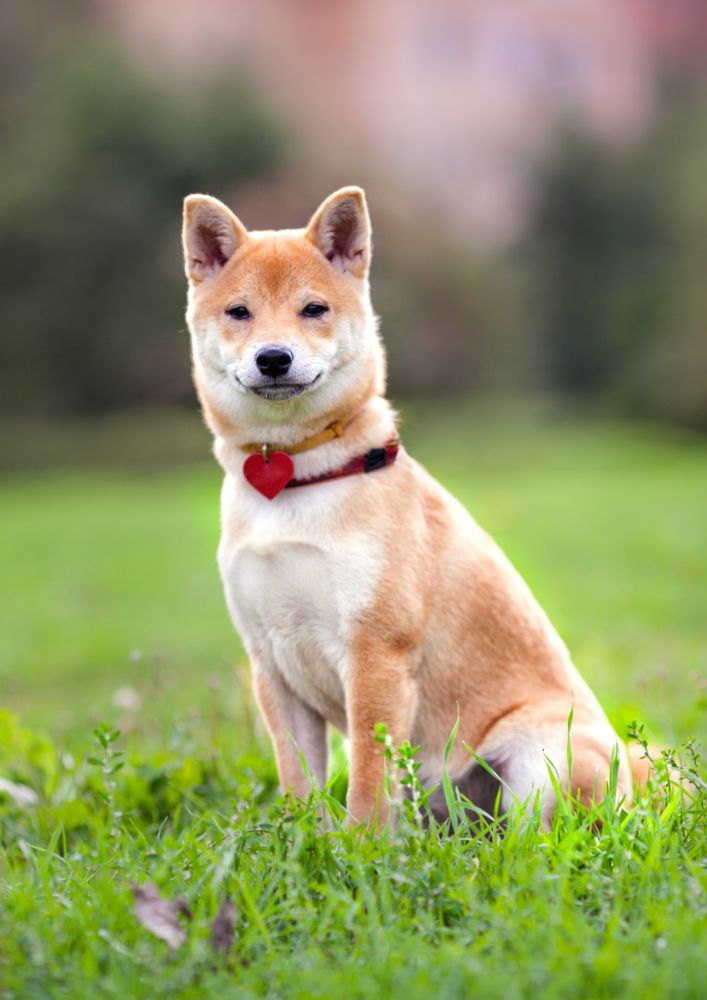


Quick Facts
- Size: Small to Medium
- Lifespan: 12-15 years
- Group: Non-Sporting



